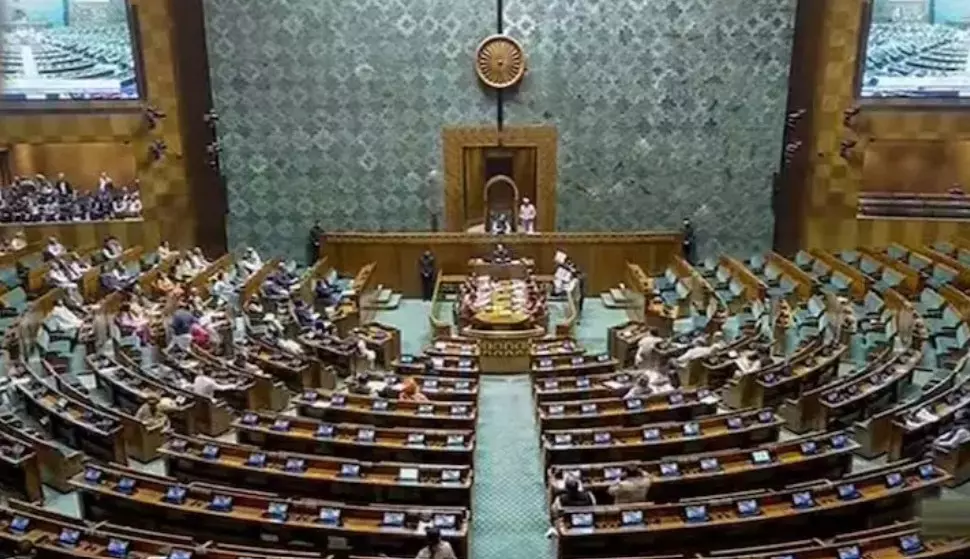First session of newly-elected Delhi Assembly likely to be stormy
The BJP government is set to table 14 long-pending CAG reports, which examine the financial and administrative performance of the previous AAP government in the national capital

New Delhi: Marking the BJP’s return to power after 26 years, the first session of the newly-constituted 70-member Delhi Assembly began on Monday. The three-day session is expected to be stormy on Tuesday as the BJP government is set to table 14 long-pending CAG reports, which examine the financial and administrative performance of the previous AAP government in the national capital. The CAG reports have been at the centre of a fierce battle between the BJP and the AAP, with the former accusing the previous administration of delaying their release to hide alleged corruption.
According to BJP MLAs, the reports will be presented on the second day of the Assembly session after the address by lieutenant-governor V.K. Saxena.
The BJP has been alleging the reports were withheld by the Aam Aadmi Party (AAP) administration. Delhi chief minister Rekha Gupta had announced last week that the reports would be made public in the first session under the new government. The pending CAG audits include reviews of state finances, public health infrastructure, vehicular air pollution, liquor regulation and the functioning of the Delhi Transport Corporation, among others.
The BJP had repeatedly demanded the release of these reports during the AAP's tenure, even moving the court to direct the government to table them. The saffron party had accused the AAP government of deliberately stalling the audits to hide alleged corruption. The issue was a major point of contention during the assembly elections, with the BJP highlighting the delay as an attempt to suppress findings of financial mismanagement.
A key report under scrutiny pertains to the renovation of the chief minister's official residence at 6, Flag Staff Road, termed as “Sheesh Mahal” by the BJP. The audit has reportedly uncovered large-scale irregularities in the project's planning, tendering and execution. Initially sanctioned at Rs 7.61 crores in 2020, the cost escalated to Rs 33.66 crores by April 2022 -- an increase of 342 per cent. The BJP and the Congress have used these findings to target former chief minister Arvind Kejriwal, alleging misuse of public funds.
The L-G had earlier raised concerns over the non-disclosure of these reports and had urged the Legislative Assembly to convene a special session in December last year. However, the reports were not presented during the AAP's tenure, leading to growing demands for their release.
BJP leader Vijender Gupta, who was a vocal critic of the AAP government's handling of the CAG reports as the Leader of Opposition in the last Assembly and had been marshalled out of the Assembly in the past for demanding their tabling, now presides as the Speaker. With Mr Gupta in charge, the reports are expected to be placed before the House without further delay.
As the Delhi Assembly session progresses, the findings of these CAG reports are expected to trigger heated political exchanges between the ruling BJP and the AAP, potentially shaping the political discourse in the national capital in the coming months.

